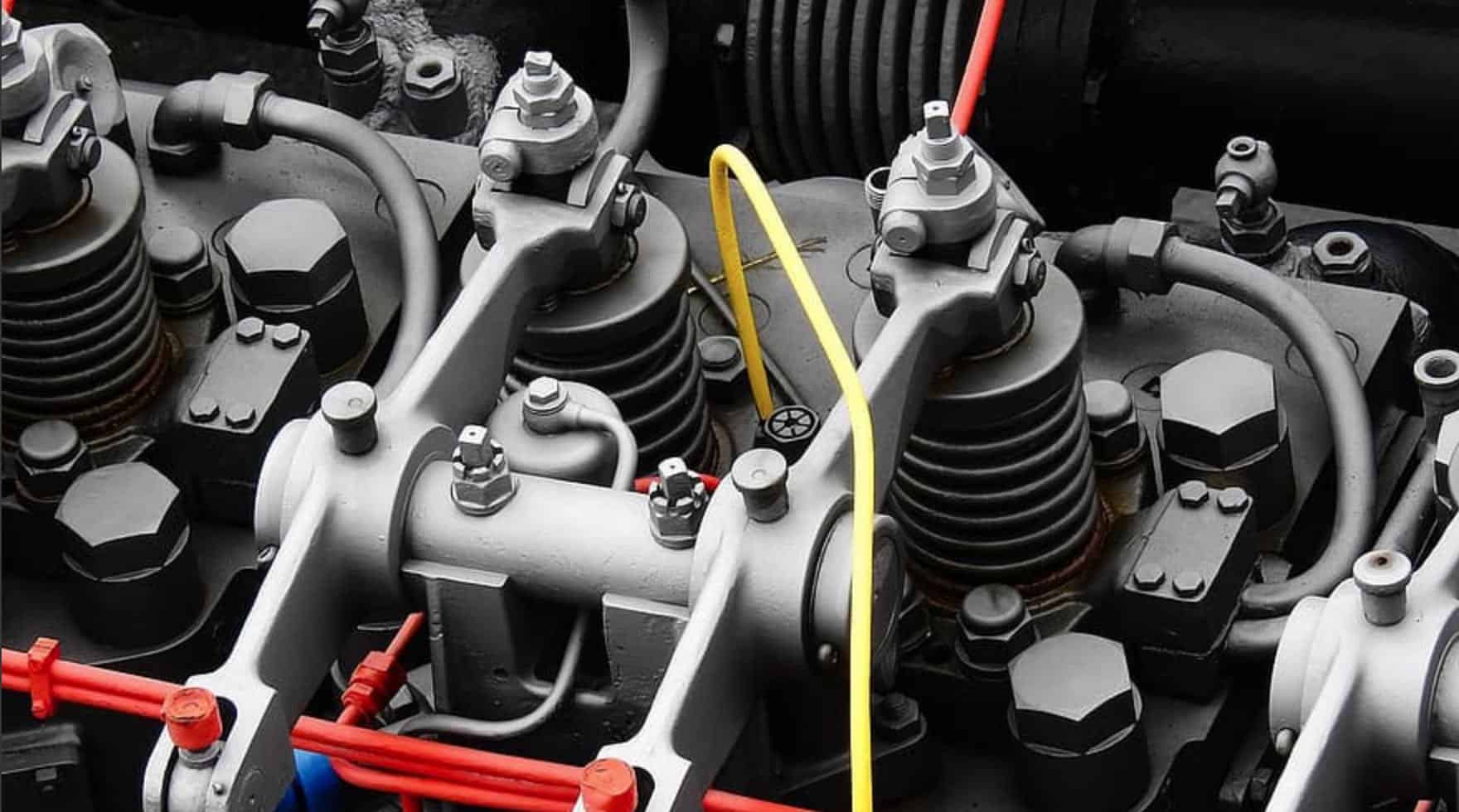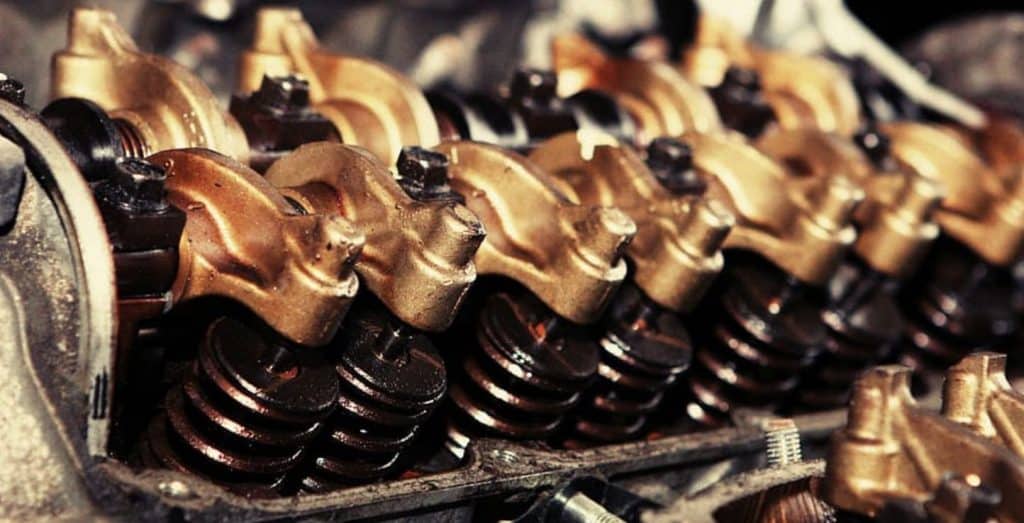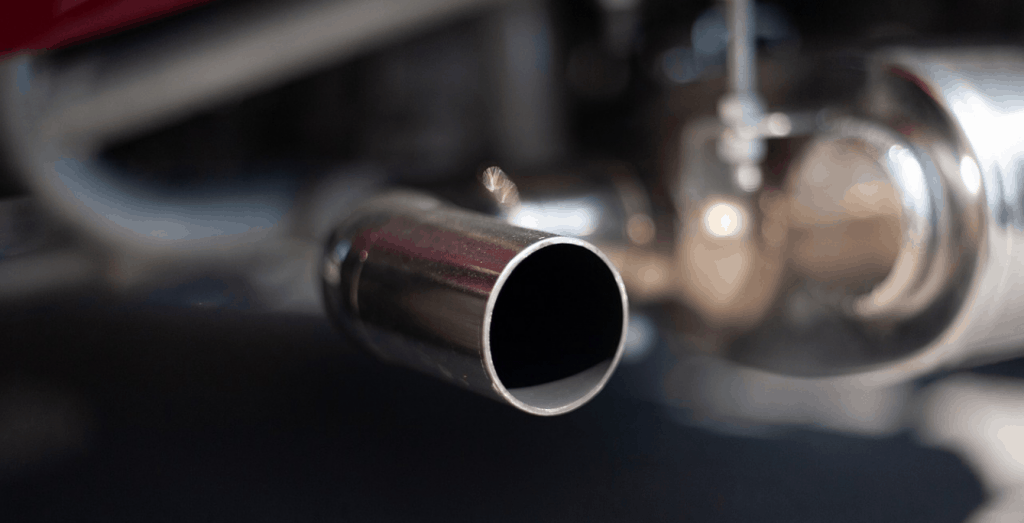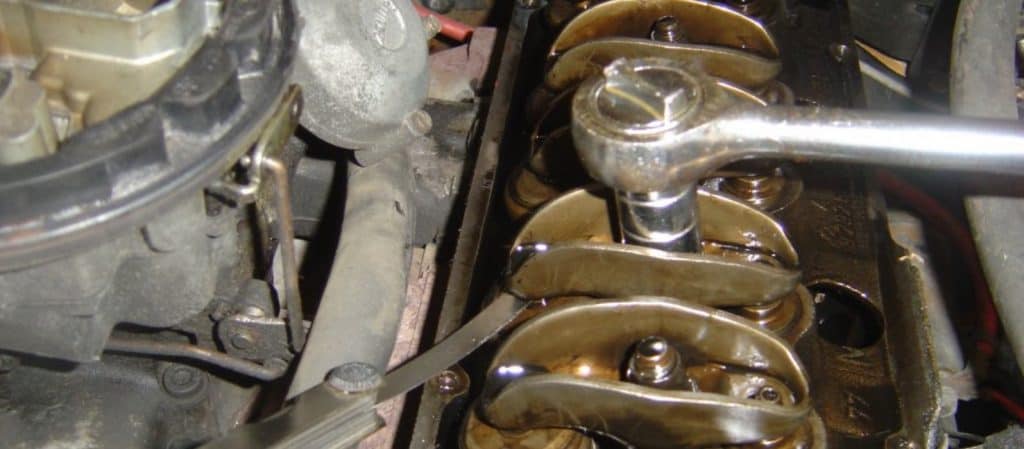One of the most annoying things that you can hear as a car owner is the tick of a lifter that is going bad. The ticking noise makes it sound like the engine is going to just give up and die at any time. There are a few things that can cause a lifter to tick, such as the lifter itself going bad, a bent push rod, or oil deposits.
Bad Lifter Symptoms
Obviously ticking is going to be the major symptom of a lifter tick. It must go up and down with the engine speed, or it is not a lifter tick at all.
A lifter tick is usually not accompanied by any other symptoms than the noise. The noise of a bad lifter is very distinct. It’s not a knocking sound, which could be described more as a “thunk” (getting technical). It’s going to be more of a “tick” that sounds shallow.
Here’s a short video that features a ticking lifter, if you would like to confirm that is the sound that you are actually hearing.
The ticking may come and go when the vehicle heats up or cools down respectively.
Lifter Tick Causes
Here are some of the most common causes of a ticking lifter:
1. Bad Lifter
The most common reason that a lifter will tick is because the lifter itself has gone bad. Replacing a lifter is a pretty challenging job. It involves taking a decent portion of the engine apart, which is above the skill level of most folks who aren’t qualified mechanics.
2. Bent Push Rod
Pushrods are used in engines where the camshaft is located in the engine block, and not in the head. Pushrods connect the camshaft to the lifters. If they bend, it will usually cause a horrible ticking sound.
3. Oiling Issues
It is possible for a lifter to tick if it is not given enough oil, if the oil is too dirty, or if it is too old. Changing the oil may cause the problem to go away. Since it’s so much easier and cost effective than anything else, we recommend giving it a shot before taking the engine apart.
Common Misdiagnosis
Here are some of the more common reasons that you could hear a sound that sounds like a ticking lifter, but is actually something else:
Exhaust
A lifter tick can sound a lot like an exhaust leak. The most commonly affected area is the exhaust gasket where it bolts to the head. Look to see if any of the head bolts have sheered off or are loose.
It’s less likely to sound like a lifter tick, but the exhaust gasket where the manifold meets the rest of the exhaust system can also make noise that bounces around the engine bay and can sound like a lifter tick.
Valve Lash
The rocker arms are what the lifter or pushrod pushes into to open the valve. Many of them are self adjusting, while others require periodic adjustment. Adjusting the valve lash is the process of adjusting the tension on the rocker arms.
If it is too loose, it will make a terrible ticking sound that can be mistaken for a bad lifter. It’s tough to tell the difference since they are so close to one another. This is a very common problem on many Honda’s.
Replacing the Lifter
The cost of replacing the offending lifter is going to depend on many factors, including the engine type, if it is pushrod or overhead cam, and more. It certainly is not cheap. Most of the cost that would go into it at a mechanic is going to be labor. They have to take a decent chunk of the engine apart to get to the lifters.
The shop that you take the vehicle to is going to recommend replacing all of the lifters at the same time. They are going to recommend this for two reasons:
- The extra parts are only a few extra dollars. If you have a four cylinder or inline six, it would be foolish not to go ahead and replace all of the lifters.
- If one lifter has failed, usually the others are right behind it, which means that you could end up in a situation where you are opening the engine up again much sooner than you would prefer.
Expect to pay around $500 or more for a mechanic to replace your lifters. Most of this cost is labor.
Conclusion
Don’t wait around for your lifter tick to get worse. It will eventually hit the point where it can cause other engine problems.




